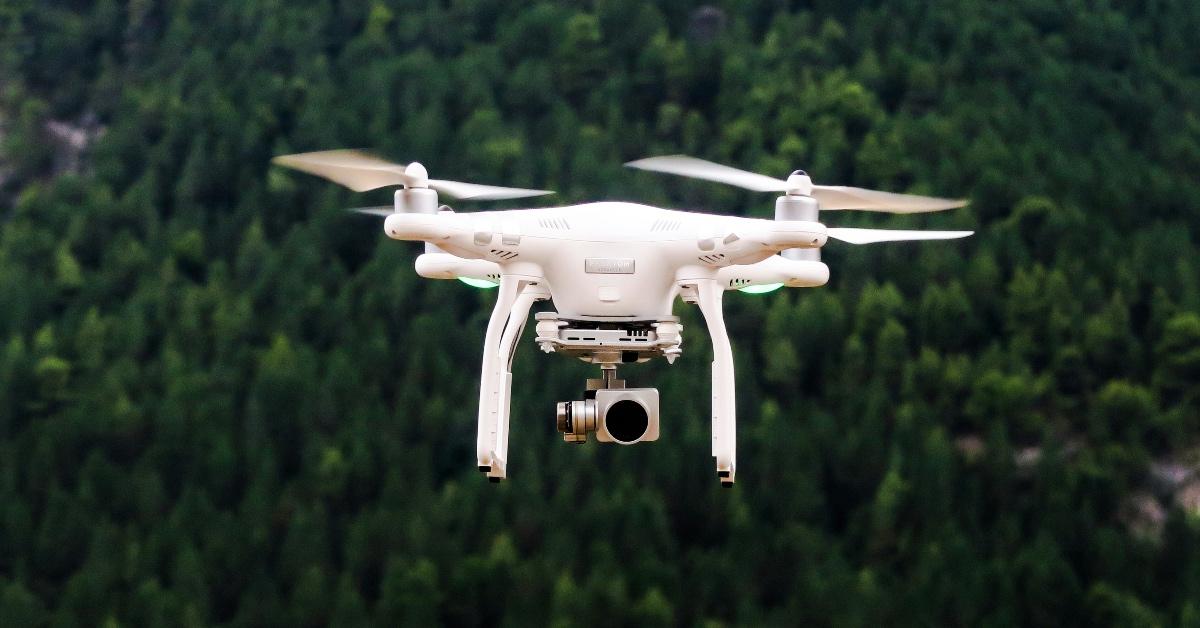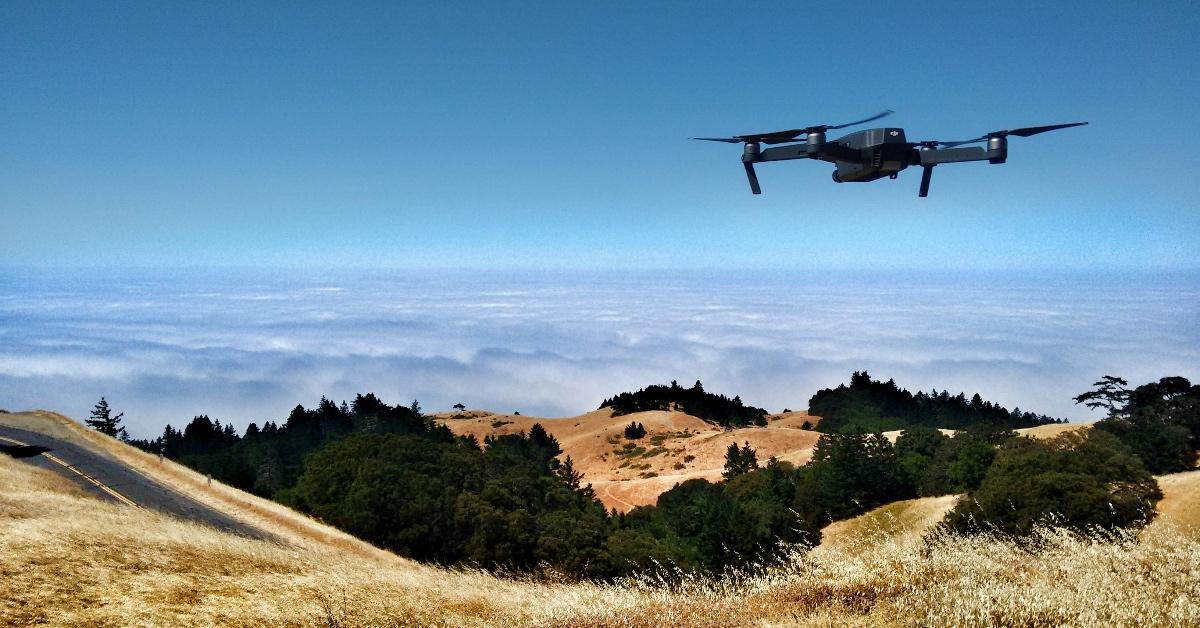Drones Affect the Environment in Many Different Ways
The National Parks Service has banned the use of drones in parks for disturbing visitors and wildlife alike.
Updated Dec. 16 2024, 11:47 a.m. ET
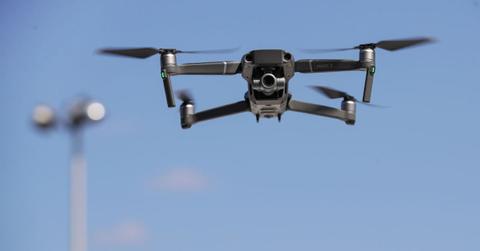
Over the last few years, unmanned aircrafts — better known as drones — have become increasingly popular among professional and amateur photographers alike. The remote controlled, helicopter-like devices are used to take high quality, bird's-eye view photographs from above, and although they can be useful for documentation purposes, they can take a serious toll on the environment.
Keep reading for more on the impact of drones, regardless if you are or are not an avid drone user — human activity is once again failing the planet, and it's our duty to stay informed on the matter.
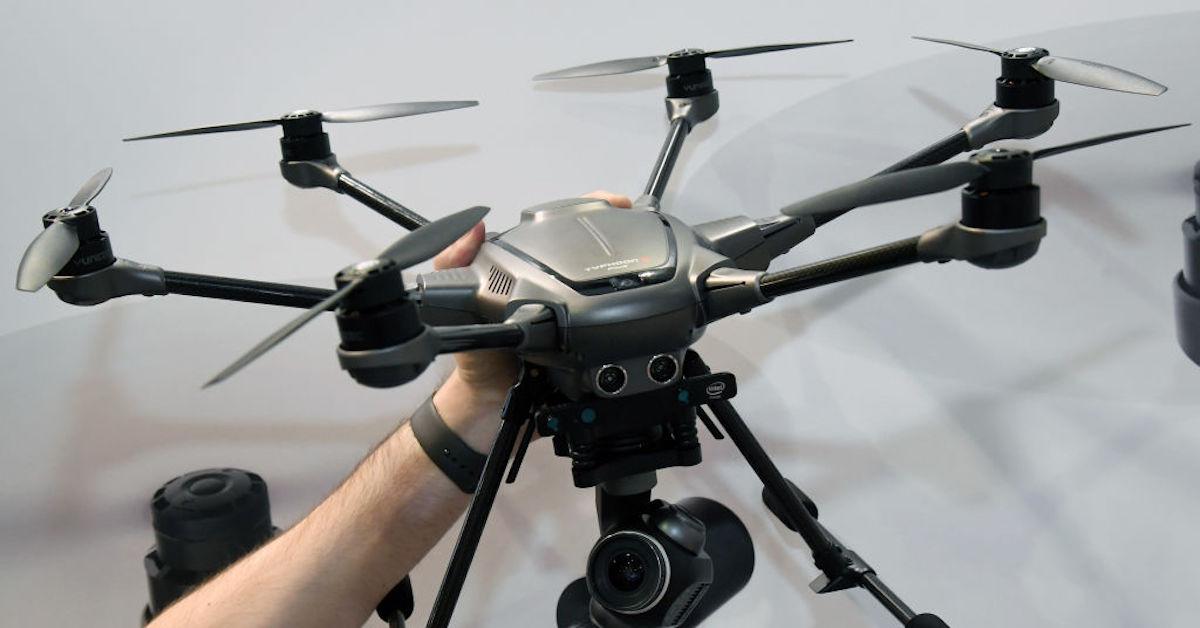
How do drones affect the environment? They have a negative impact on wildlife.
Drones in natural areas have the ability to negatively affect wildlife by causing them distress. According to one 2020 study, animals can suffer from post-traumatic stress disorder. Stressed animals result in less offspring and therefore potentially dramatically altered ecosystems.
Per National Geographic, a 2015 study researched the reaction of the bears to drone presence, and the results included bears running from the drones and their heart rates spiking.
Similarly, in 2014, a drone harassing a herd of bighorn sheep caused the flock to scatter in fear, separating mothers from calves. The incident led to Zion National Park banning unmanned aircrafts from the park, per National Geographic.
In 2019, a study conducted by the Foundation for Environmental Conservation and published in the Cambridge University Press monitored drones as a threat to wildlife by studying videos on YouTube of animals fleeing from drone presence. The study also noted in its abstract that 26 percent of the species disturbed in the videos were on the International Union for Conservation of Nature (IUCN) red list of threatened species.
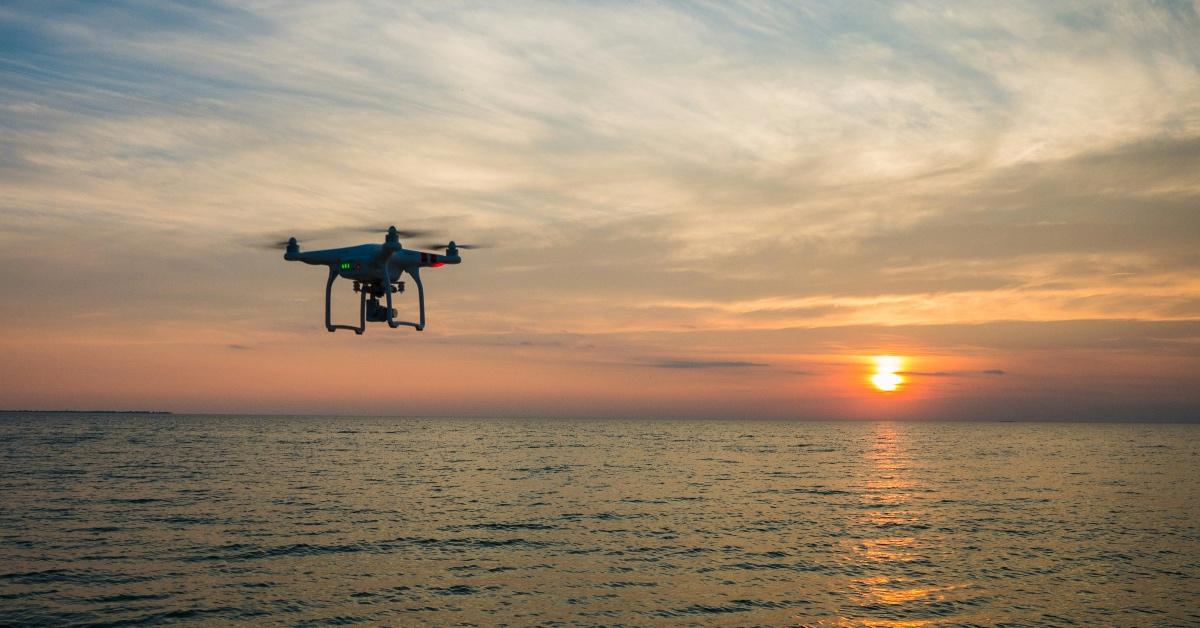
In 2021, tragedy struck when a drone flown illegally over the Bolsa Chica ecological reserve crashed into the wetlands, prompting frightened terns to abandon 3,000 eggs. Typically, tern eggs would hatch in June, but authorities reported only abandoned eggshells, per the Guardian.
This is particularly devastating because the California least tern is protected by Federal and State Endangered Species Acts, per the Port of Los Angeles.
It's no surprise as a result of continued instances of wildlife facing fear and harassment from drones that the U.S. National Parks Service (NPS) would then ban drones in its parks. Violators can face up to six months in jail and a $5,000 fine.
However, drones can be good for conducting environmental research.
Despite the fact they can disturb wildlife, drones can be environmentally useful in some ways. Like a rechargeable camera, they can operate and fly for several hours, and can be useful for a number of reasons. For example, they can be used for monitoring nature, gathering climate data, or for aerial mapping, according to Azo Clean Tech. They can reach areas that are inaccessible to human foot traffic, like remote rainforests or lava flows.
Sometimes, drones are even used to monitor environmental disasters in areas that aren't necessarily safe to go such as during floods, or massive forest fires.
Small drone delivery could also save emissions.
An investigation conducted led by researchers from Lawrence Livermore National Laboratory in 2018 revealed surprising news about drone delivery: small drone delivery could save emissions.
According to Smithsonian Magazine, the team discovered that "package delivery with small drones can be better for the environment than delivery with trucks." However, it's important to note that the team's findings about larger drones were less cut and dry.
Ultimately, keeping your drone activity low impact is certainly possible — just make sure you're fully aware of your surroundings.
This article, originally published on June 11, 2021, has been updated.
